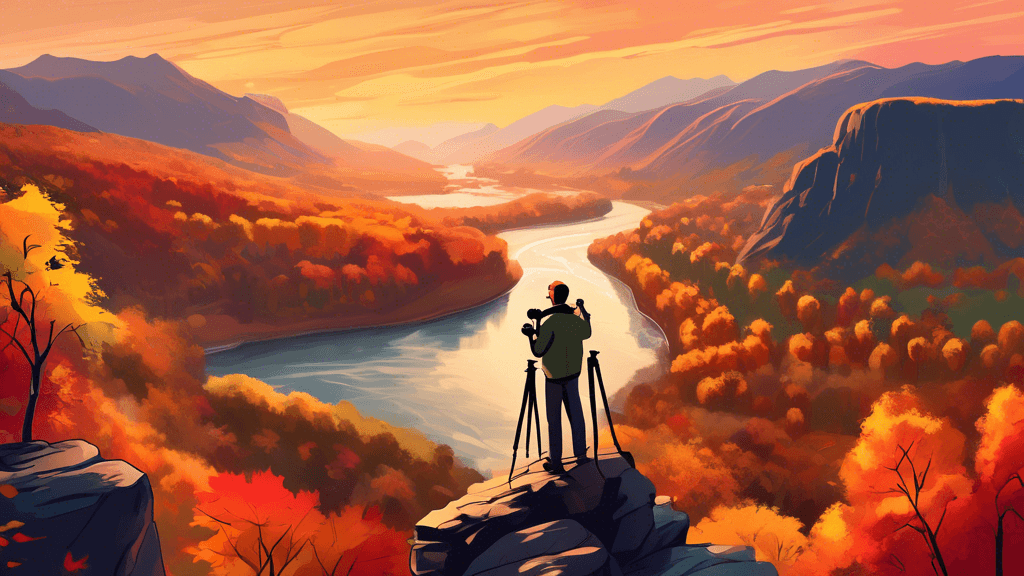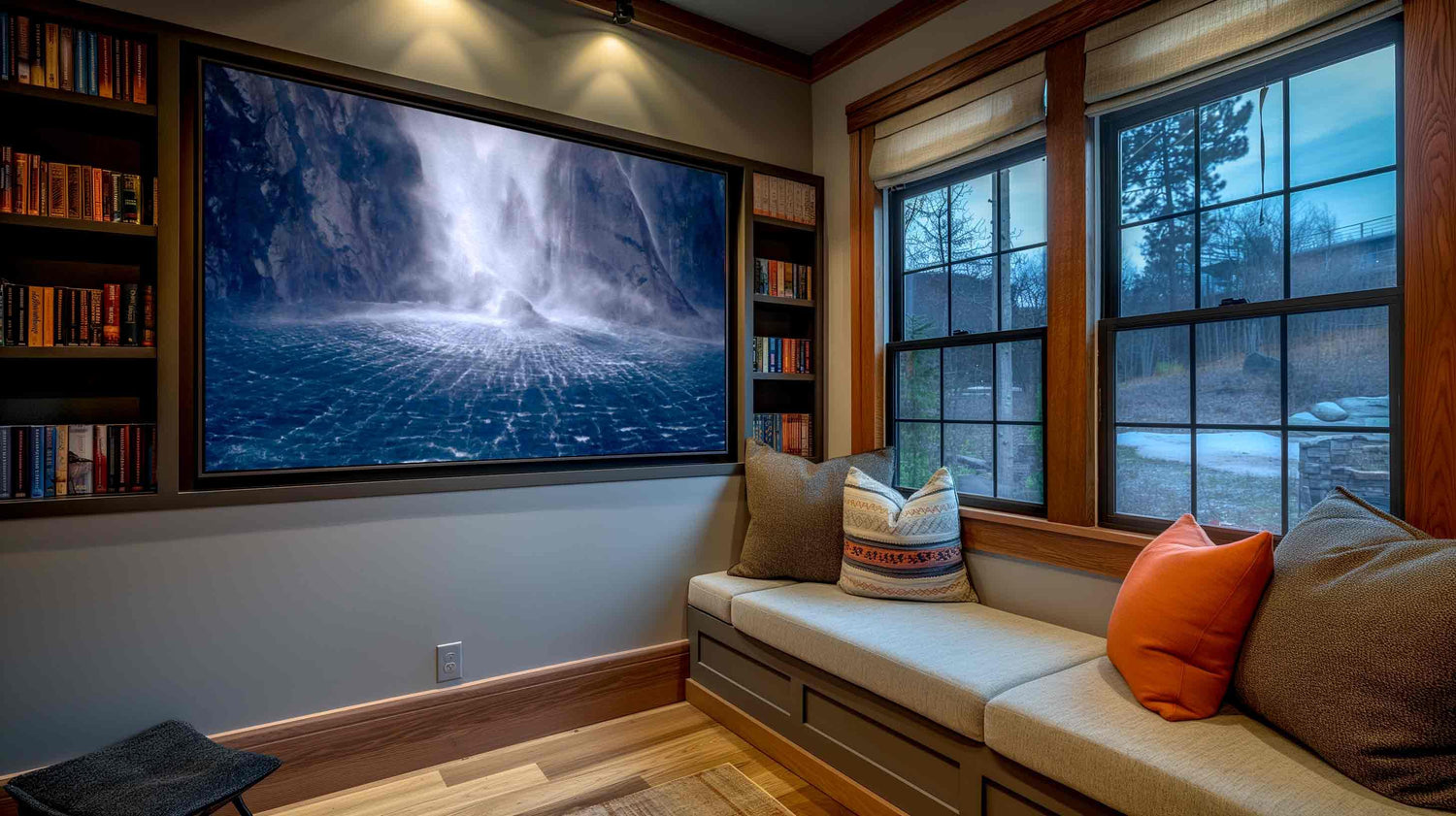
Capturing Nature: The Art of Landscape Photography
Share
The Art and Science of Landscape Photography
For anyone with a passion for art and the environment, landscape photography offers an enriching avenue to explore and share the beauty of nature. This form of photography goes beyond the click of a shutter; it requires an intimate understanding of natural light, keen observational skills, and a dedicated patience to capturing the Earth's untamed elegance. But what makes landscape photography truly compelling, and how can photographers, whether novice or advanced, elevate their craft in this genre?
Understanding the Essentials of Landscape Photography
Landscape photography is more than just taking pictures of outdoor scenery. It is an art form that involves the composition of natural light, geography, and moments in time, captured through the lens of a photographer who must seamlessly blend technical skills and creative vision.. Dr. Alan Smithee, a professor of Environmental Studies and amateur photographer, notes, The real challenge in landscape photography is conveying not just a scene but the emotion it evokes. You're telling a story through the landscape.
- Light and Timing: The 'golden hours' at sunrise and sunset are prized for their soft, diffused light, but overcast days can also produce powerful photos with muted tones that evoke moodiness.
- Composition: Utilizing elements like the Rule of Thirds, leading lines, and natural frames can draw the viewer's eye into the photograph.
- Weather and Environment: Elements like fog, clouds, rain, and snow can dramatically alter the landscape and the mood of your photographs.
Technological Tools and Techniques
Advances in photography technology have made landscape photography more accessible than ever. High-resolution cameras, various lenses, and post-processing software are just the tip of the iceberg.
Choosing the right gear is crucial. Wide-angle lenses are a staple for broad scenes, allowing the photographer to capture expansive landscapes in a single frame. However, telephoto lenses can also be essential for isolating distant details, such as a mountain peak or a tree standing alone in a field. The use of tripods and filters, like polarizers and Neutral Density filters, further assist photographers in enhancing the quality and impact of their images.
Post-processing in photography is equally significant. Software like Adobe Photoshop and Lightroom allows photographers to manipulate exposure, contrast, and color balance, helping to recreate the scene as it was felt and seen, rather than just as it was captured.
The Emotional and Environmental Impact
Landscape photography not only fuels personal creativity but also has a broader impact on our awareness and perception of environmental issues. Captivating images of landscapes can highlight the beauty of natural environments and also bring attention to the damaging effects of human intervention.
As landscape photographer Ansel Adams once said, A photograph is usually looked at - seldom looked into. The deeper connection that forms when viewers engage with powerful imagery can inspire more concerted efforts towards conservation and respect for our natural surroundings.
Connecting with the Viewer
Understanding the technical aspects of photography is only part of the challenge; being able to emotionally connect with the viewer through your images is what differentiates a good photograph from a memorable one. This connection is often what inspires the photographer to rise early for a sunrise shoot or to brave inclement weather in pursuit of the perfect shot. It also what compels the viewer to stop, reflect, and perhaps rethink their relationship with nature.
This form of art is not just capturing what you see, it's about conveying what the landscape makes you feel. When photographers share what moves them through their pictures, they offer a new perspective on the world - an invitation to see, to feel, and to engage with the environment differently.
The Everlasting Appeal of Landscape Photography
In our increasingly digital and urban lives, landscape photography connects us to the natural world in ways that are vital, profound, and increasingly necessary. It reminds us of the vast beauty that still exists beyond our screens and our cities, waiting to be enjoyed and protected.
Final Thoughts and Call to Action
Whether you are an experienced photographer looking to deepen your practice or a lover of art and nature curious to explore this compelling genre, the world of landscape photography awaits your unique perspective. Rediscover your surroundings, capture the splendor of the natural world, and share your vision to inspire greater appreciation and conservation of our magnificent planet.
Are you ready to take your camera, step outside, and let nature reveal its stories? Start your journey into landscape photography today, and see where the adventure leads you.





